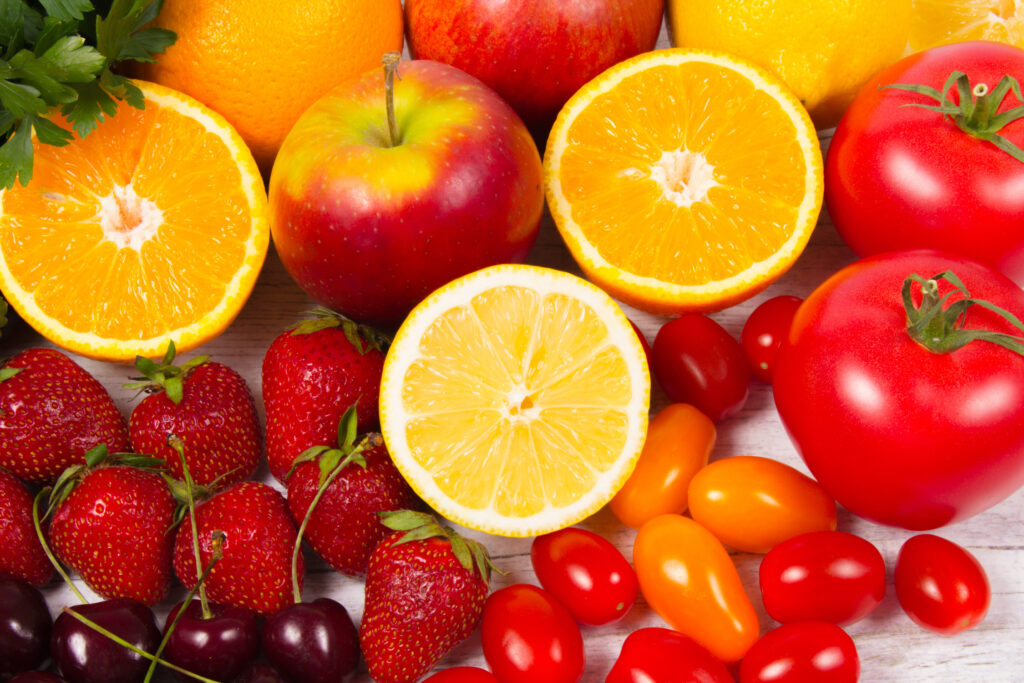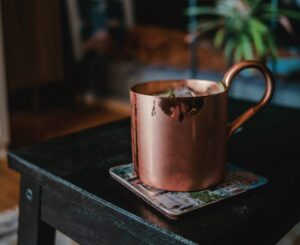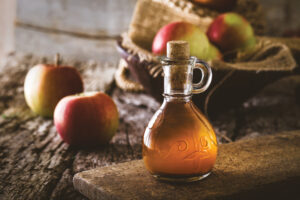Advertisement
Ask the Experts
Cold and flu prevention

Advertisement
Q: Are there specific foods that can help prevent cold and flu?
A: When Hippocrates said, “Let food be thy medicine and medicine be thy food,” maybe he had superfoods in mind. It is always beneficial to get health-preserving vitamins and minerals from the source in nutritious daily meals. Just remember, when recommended daily amounts cannot be achieved solely by diet, supplementation is a great asset.
Foods for preventing a cold or flu need to target the immune system. Nutrients for immune support such as zinc and vitamins C and D are all readily available in food, while herbs such as astragalus, goldenseal, and echinacea are best taken as teas or in prepared capsule and liquid formulations.
Fresh fruits and vegetables are the best sources of vitamins to keep the body healthy during cold and flu season. Food sources of zinc are oysters and other shellfish, beef, and chicken; non-animal sources of zinc include beans, chickpeas, cashews, and almonds.
Astragalus has been used for centuries in traditional Chinese medicine as a flavourful and immune-boosting ingredient in soups that are most often eaten with the intention of detoxing. The benefit was likely the immune boost, or as recently found, reduced inflammation associated with asthma and respiratory health. Astragalus tea may be found in health food stores in dried herb form or as an ingredient of immune support products.
Echinacea and goldenseal may be found as herbal teas and prepared supplements and are commonly prescribed for cold/flu support and antimicrobial activity and infection.
Echinacea can be found as a powder to add to teas or soups, although this method of taking medicine may lead to inaccurate dosing. For this reason immune-boosting herbs, vitamins, and minerals, tea and food sources can augment, but should not be solely relied on for, medicinal dosing.





